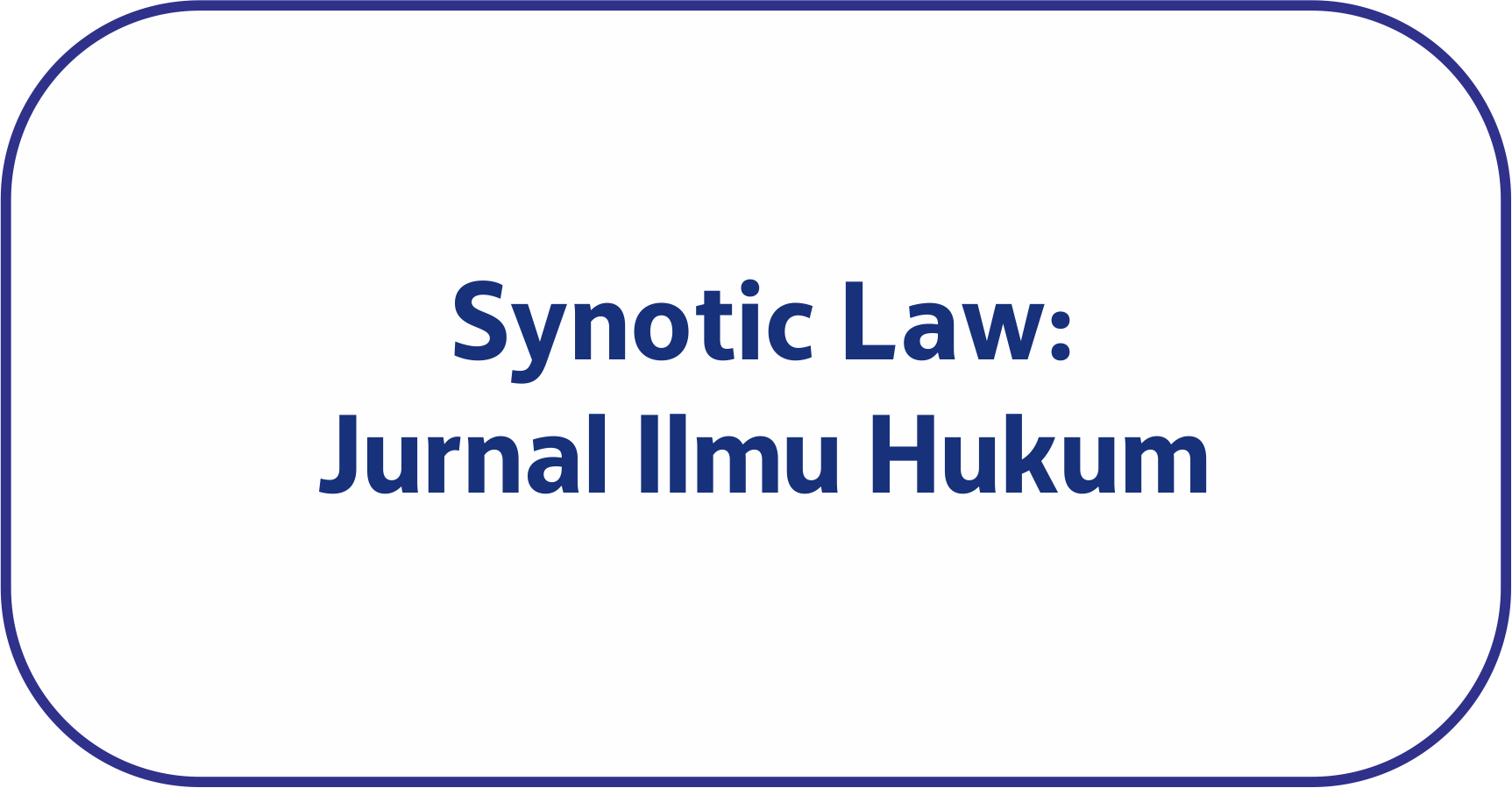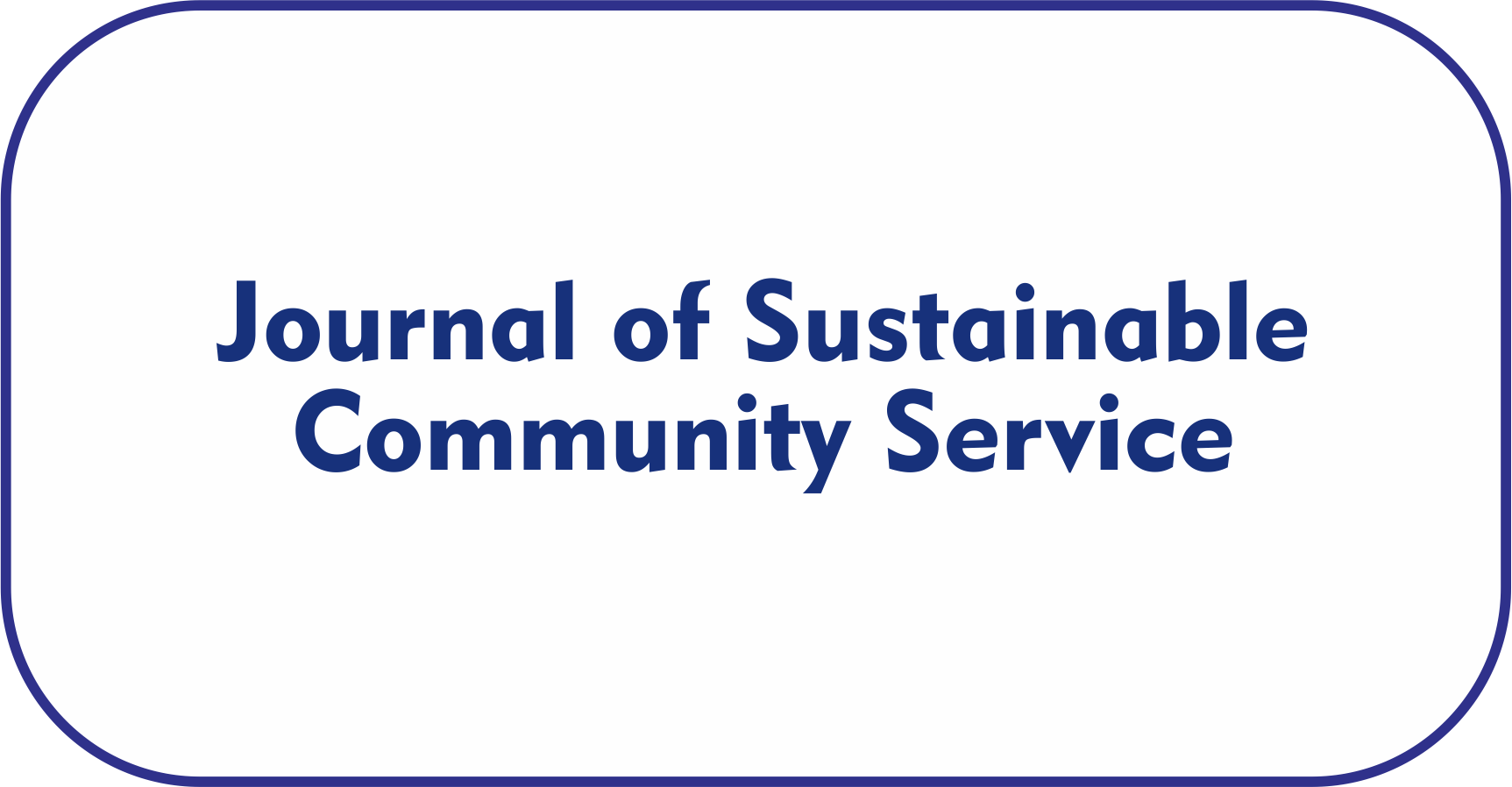FACTORS AFFECTING BULLISH IHSG IN COVID 19 PANDEMIC CONDITIONS
Main Article Content
Yulis Nurul Aini*
Ludfi Djajanto
Baroroh Lestari
Maskur
The outbreak of the Covid-19 pandemic in early 2020 had profound and far-reaching impacts on global economies and financial markets. As countries implemented lockdowns, travel restrictions, and various other measures to curb the spread of the virus, financial markets experienced unprecedented volatility. The stock markets, in particular, exhibited fluctuations that were both dramatic and complex, challenging traditional understanding and analysis. This study aims to examine the factors influencing the bullish movement of the Composite Stock Price Index (CSPI) during the Covid-19 pandemic. Drawing data from reputable sources such as the Indonesia Stock Exchange, The Central Bureau of Statistics, and Bank Indonesia, the research focuses on monthly records of the CSPI, inflation rates, and interest rates. Employing multiple regression analysis as the analytical tool, the study explores the intricate relationships between these variables. The findings present intriguing insights into the interplay between economic factors and stock market behavior. Notably, the research reveals a positive and statistically significant link between inflation and the bullish movement of the CSPI amidst the Covid-19 context. This suggests that rising inflation rates are associated with an upward trend in the CSPI. Conversely, the study uncovers a negative correlation between interest rates and the bullish trajectory of the CSPI during the pandemic. Higher interest rates are found to curtail the bullish movement of the index. This study contributes to a deeper understanding of the financial dynamics during challenging periods, offering valuable insights for investors, analysts, and policymakers seeking to navigate the complexities of the stock market amid Covid-19.
Aditya Prasad Sahoo, a. (2020). Impact of Macroeconomic Variables on Stock Market A Study Between India And America. European Journal of Molecular & Clinical Medicine, 4469-4486.
Badan Pusat Statistik. (2023, April 4). Badan Pusat Statistik. Retrieved April 4, 2023 from www.bps.go.id: https://www.bps.go.id/subject/3/inflasi.html
Bank Indonesia. (2023, April 1). Bank Indonesia Sentra Indonesiaa. Retrieved April 1, 2023 from www.bi.go.id: https://www.bi.go.id/id/statistik/indikator/bi-7day-rr.aspx
Bursa Efek Indonesia. (2023, April 10). Bursa Efek Indonesia. Retrieved April 10, 2023 from www.idx.co.id: https://www.idx.co.id/id/produk/indeks
Eduardus, T. (2017). Pasar Modal: Manajemen Portofolio dan Investasi. Yogyakarta: PT. Kanisius.
Jogiyanto. (2017). Teori Portofolio dan Analisis Investasi Edisi 11. Yogyakarta: BPFE.
Khan, J. (2018). The Impact Of Macroeconomic Variables on Stock Price: A Case Study Of Karachi Stock Exchange. Journal of Economic and Sustainable Development, 15-25.
Paryudi, R. (2021). Pengaruh Nilai Tukar, Suku Bunga SBI dan Inflasi. JIMKES: Jurnal Ilmiah Manajemen, 211-220.
Rochmat Aldy, P. (2016). Analisis Statistik Ekonomi dan Bisnis Dengan SPSS. Ponorogo: CV. WADE GROUP.
Tambunan, R. d. (2021). Pengaruh Inflasi, Suku Bunga dan Kurs Terhadap Indeks Harga Saham Gabungan (IHSG). Prosiding Seminar Nasional (pp. 569-578). Jawa Tengah: STIE-AAS.
Baroroh Lestari , Politeknik Negeri Malang
Baroroh Lestari3











































